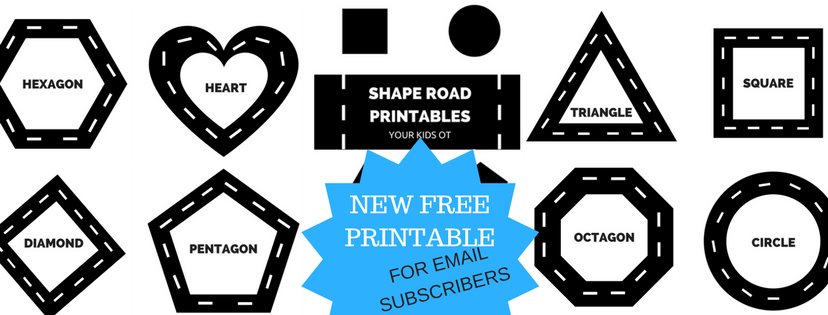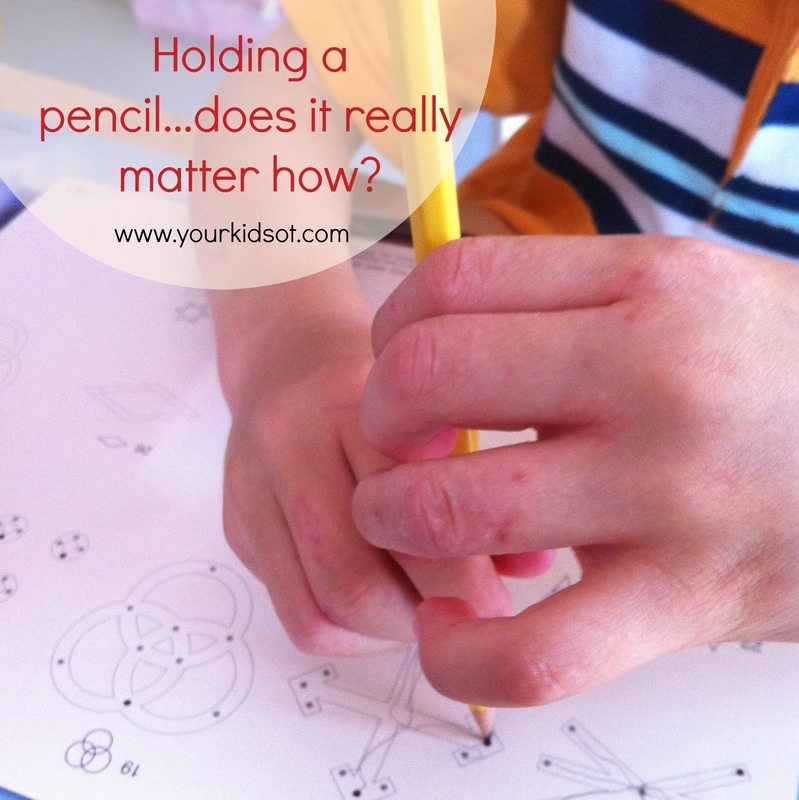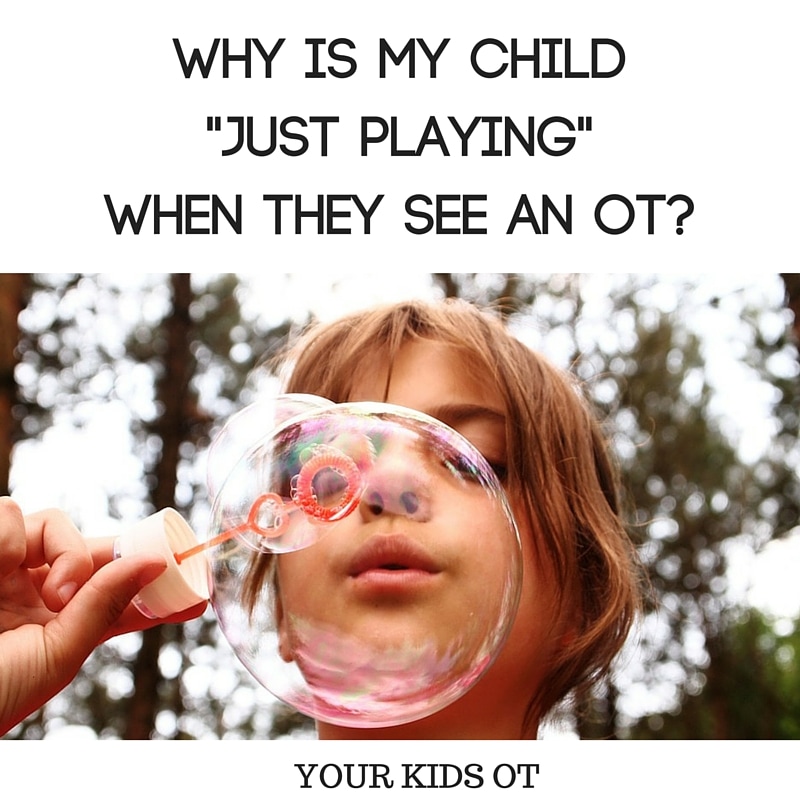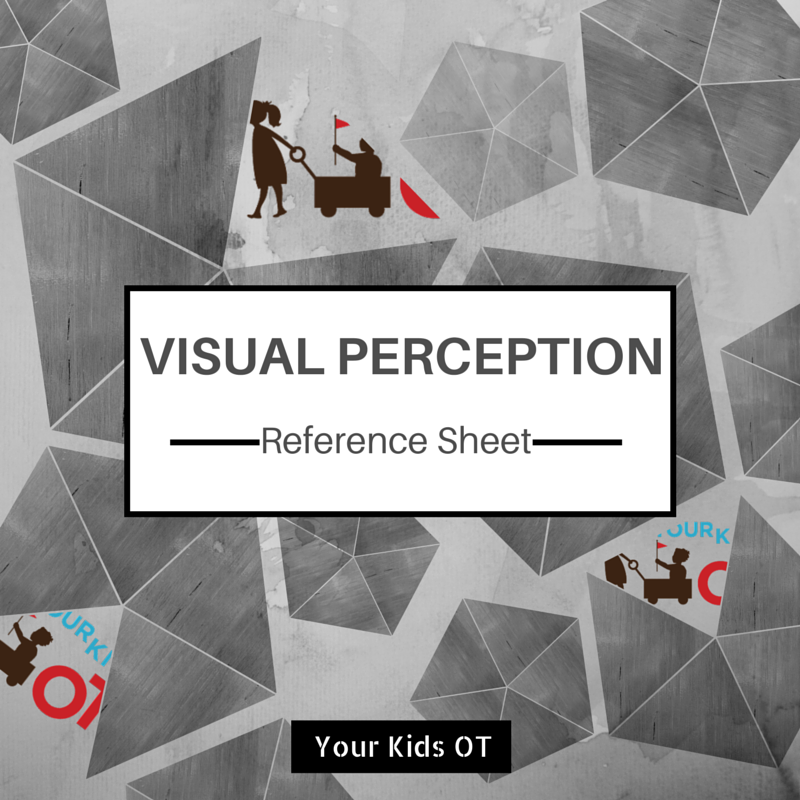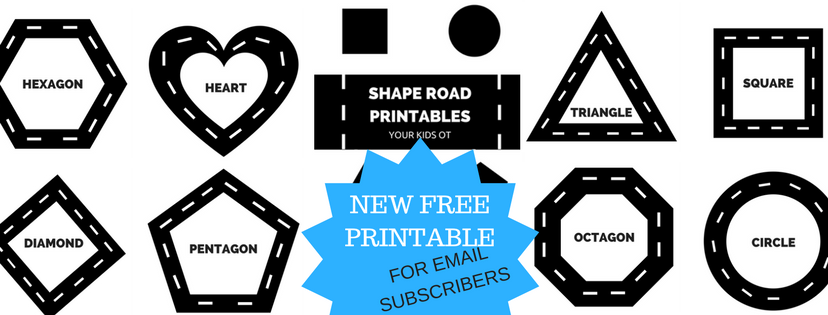|
Affiliate links are used throughout this website to promote products I love and recommend. I receive a commission if any purchases are made through these links. Please see my disclosure policy for more details. We live in a world full of sensory information and some kids have difficulty coping with the sensory information they receive in their daily lives (visual, auditory, vestibular, proprioceptive, tactile, taste, etc). Some kids can seek sensory information and others will avoid it. This can change for a child depending on their environment or time of day. Navigating what is best for your child can be really difficult. If you have concerns with your child's ability to process sensory information, then seek professional advice from an occupational therapist. A sensory lifestyle is a look at how to meet the sensory needs of your child through their every day life so that they can reach their potential. We all want our children to be the best versions of themselves, to learn and grow. We want them to be happy and we want them to be safe. We don't want our child's sensory needs to interfere with their ability to "do life well". A "sensory diet" is a planned and scheduled activity program designed to meet a child's individual sensory needs (Wilbarger, and Wilbarger, 1991). It is related to activities that a child performs through their day to help them to "modulate" their bodies. The Sensory Lifestyle Handbook by Colleen Beck (from the OT Toolbox) is a new strategy guide for sensory processing needs. This book provides valuable insight into the sensory system and the whole child. It details how sensory diets can be incorporated into a child's lifestyle to meet the sensory needs of each individual child. The tips and tools in the Sensory Lifestyle Handbook uses child-led interests and daily life interactions so that kids WANT to participate in sensory diet activities their bodies need... because it is part of play! To celebrate the release of the Sensory Lifestyle Handbook, there are bonus items that address needs like self-regulation and self-reflection, school screening tools, sensory diet cards, sensory planning calendars, play-based sensory activities and so much more! These bonus items are sent with the purchase of the Sensory Lifestyle Handbook! The Sensory Lifestyle Handbook is available as a digital e-book for $16 US or you can also order a soft cover printed book for $26US! This introductory price with bonus items are available until April 16th 2018! Don't forget to download these amazing freebie offers that were created to also support your child's sensory needs! 1. The Outdoor Sensory Diet Cards and Sensory Challenge Cards encourages sensory diet strategies in the outdoors. The printable packet includes 90 outdoor sensory diet activities, 60 outdoor recess sensory diet activities, 30 blank sensory diet cards and 6 sensory challenge cards. Get your copy of the Outdoor Sensory Diet Cards and Sensory Challenge Cards HERE. 2. The Classroom Sensory Strategy Toolkit contains these amazing resources:
3. The Attention and Sensory Connection Workbook is a one-stop spot for information on the basics of how attention is related to sensory processing. It provides tips to boost attention through the senses so that kids can learn, focus and pay attention when they need to. The workbook covers information about how impaired sensory processing relates to attention issues in a variety of ways and provides movement and sensory-motor activities that can help boost attention. There are specific activity ideas and tactics to address attentiveness. You'll also find workbook pages that can be used to identify underlying sensory-related areas that impact attention and tools for addressing those needs. Get your copy of the Attention and Sensory Connection Workbook HERE. SPECIAL BONUS FOR YOUR KIDS OT READERS! I only endorse products that I recommend without hesitation! Colleen Beck is a respected occupational therapist whom I have had the privileged to collaborate with in the past. Read more about Colleen and the OT Toolbox HERE and read an article she wrote for Your Kids OT HERE. The Sensory Lifestyle Handbook is a unique resource that will help you navigate "sensory diets". Whether you are an occupational therapist, parent or teacher; this resource is user-friendly and very practical! Take the opportunity to purchase this book at the introductory price and receive the bonus items (because they are also awesome)! The free resources listed above are truly brilliant (and could very easily been paid products) and you should grab them now! For YOUR KIDS OT readers; thank you for your ongoing support! When you purchase the Sensory Lifestyle Handbook during the promotional week, email me at [email protected] with a copy of your receipt and I will give you a 50% BONUS discount to the Your Kids OT shop! (note: you will need proof of purchase that you used one of my links for this bonus discount) What are you favourite resources supporting your child's sensory needs? These new resources are sure to make this list once you get your copy!  Cindy is a registered Occupational Therapist practising in Sydney Australia. She has two young children who are a constant source of inspiration and learning. Cindy loves working creatively to help children to reach their potential, finding opportunities in everyday living and making learning fun. Cindy is the author of the Occupational Therapy blog Your Kids OT. Read more articles from Your Kids OT at https://www.yourkidsot.com/blog The information on this site is general in nature. The activities are safe for most children, however, you should consult an Occupational Therapist or health professional to address specific movement, sensory or other medical conditions. You may also like: Reference:
Wilbarger, P. & wilbarger, J. (1991) Sensory Defensiveness in Children Aged 2-12:An Intervention Guide for Parents and Other Caretakers. Stillwater:PDP Press. Continuing Professional Development. As occupational therapists we are REQUIRED to keep up-to-date for registrations purposes. As occupational therapists we WANT to keep up-to-date with the latest research and innovations so that we can provide the BEST service to our clients. Whether we are newly graduated or experienced "seasoned" OTs; continuing professional development guides us as practitioners with our clinical reasoning. We WANT and NEED to provide best practice! Today on the blog, I'm so pleased to be joined by Colleen Beck from The OT Toolbox! Colleen is an amazing occupational therapist and I have had the pleasure of working with her over the last few years! She put together the Functional Skills for Kids Therapy Team who have now published two e-books. I have been so honoured to be part of this team and to see the dedication and Colleen puts into her work. Colleen joins us at Your Kids OT today to discuss the challenges occupational therapists face in clinical reasoning and to introduce the new OT Toolbox Community. Thanks for joining us Colleen! As therapists, we strive to advance ourselves professionally by developing clinical experience and reasoning. Advances in professional experience and clinical decision -making are essential to meeting the needs of clients. Below you will find more information about challenges related to advancing clinical reasoning as an occupational therapist. These challenges are points of consideration that can impact clinical decision-making and reasoning. Once clinical factors are identified, it can be possible to identify and strategize effective means for advancing as a professional. Challenges to advancing clinical reasoning as an occupational therapist. Clinical reasoning is generally defined as the mode of thinking that goes into decision making. These factors allow an occupational therapist to make decisions in the clinic based on a client's specific needs. Clinical reasoning is a skill that develops through advancement as a professional. There are complex factors that make up clinical reasoning and the professional advancement of occupational therapists. these factors can either positively or negatively influence decision making in the OT treatment setting. In general clinical reasoning focuses on the assessment of the needs of a client, intervention planning based on those needs, and decisions that influence the advancement of the client towards independence and functioning. Reflection on interactions is part of the process of decision-making. Factors that influence decision-making cover several areas. These include social and cultural influences, work space and environmental influences, education, knowledge and attributes of the clients and therapist. According to one study that assessed the factors of clinical reasoning, these areas can be broken down as follows; Social and Cultural Influences These factors influence clinical reasoning and development in several ways. 1. Client beliefs - This includes the client's belief in their ability to reach goals and the therapist's ability to help them in reaching their goals. 2. Social and cultural influence- This includes the therapist's beliefs and values as well as their understanding and belief in the client's capability to access and reach goals. Attributes of the client and the therapist A second consideration in the advancement of clinical reasoning includes the attributes of the client and the therapist. This includes the diagnosis, the client's past experiences, therapist's past experiences, and the ability to pull from previous interactions into a new situation based on the client's needs. Workplace environment The third consideration that influences the development of clinical reasoning in occupational therapists is the workplace environment. This includes knowledge of the team and the ability to pull from that knowledge. Additionally, the team's ability ot be cooperative and knowledgeable while assessing needs of other team members goes into clinical reasoning. Finally, the accessibility of clinical resources including space, time and ability influences the advancement of clinical reasoning. All of these considerations go into the development of clinical reasoning as an occupational therapist. As a result, the quality of occupational therapy intervention and the enhancement of treatment is impacted by each of the sub-areas described above. Understanding and correcting these influences can make a big impact in clinical reasoning. Many times, therapists struggle with some or many of these factors. A common complaint of occupational therapists is the inability to access resources in a timely and efficient manner. Other times, therapists work in an isolated setting which impacts the development of clinical reasoning. Additionally, therapists run into struggles such as the financial strain of advancing professional development, little time to interact with team members or resources available on the job, and other considerations. All of these struggles are reasons why the OT Toolbox Community was developed. The OT Toolbox Community As an integral part of The OT Toolbox website, The OT Toolbox Community promotes clinicians as a valuable "tool" for clients. By connecting and collaborating with the other therapists, it is possible to exponentially enhance and promote the profession. The OT Toolbox Community can be a means of networking with other therapists while allowing clinicians to bounce ideas off of one another. In the OT Toolbox community, therapists can communicate and network with one another while asking and answering questions. The OT Toolbox Community is a free resource for occupational therapy practitioners who struggle to find valuable resources in a timely and efficient manner. Seeking out and have answers to clinical questions can be a huge limit when it comes to time, energy, cost and other issues. The OT Toolbox Community provides a resource for therapists to connect with one another and collaborate on clinical questions. OTs and OTAs have the opportunity to ask questions related to their specific needs. Therapists can draw on clinical expertise to respond and answer other clinician's questions. Imagine if many therapists joined together in sharing years of clinical expertise and resources; and them into one tool kit. The OT Toolbox Community provides a one-stop location for navigating all of the information out there. It's a place to access research. It's a place to find best practice sources. It's a place to promote, collaborate, network and mentor with one another as therapists. The OT Toolbox Community is looking for you! Join hundreds of other occupational therapy professionals who have joined the community and are sharing questions, answers, resources and valuable sources of clinical information. A few facts about the OT Toolbox Community Members are able to upload links to valuable resources that they have located online. These can be shared with other members and searched for by category. Check out the Resource Center and add one of your own. Members can upload their own documents and files to share with other therapists. This is a huge asset for data collection screenings and other sources of information for therapists. Members are able to ask and answer questions. These are sorted by category to enable search queries in order to locate best practice answers in a timely manner. Stop over to the Question Forum and see if there is one that you can answer given your clinical expertise. Members can list job opportunities in the Job Area. Have a position open in your facility? Reach out to our large community of occupational therapy professionals and fill your positions fast! Have an activity that you love using in treatment sessions? Snap a picture with your phone and share it as a Blog Post. It doesn't have to a fancy blog post...just share your idea with the community members. Members can enhance the profession by sharing practice strategies that work! In the OT Toolbox Community; all links, resources, questions, comments and blog posts can be shared anonymously if you like! Members can network and collaborate to enhance OT careers while building lasting relationships with colleagues. There are more tools coming to the OT Toolbox Community very soon; an Evidence-Based Practice Library, mentor match ups, member badges, notifications systems and messaging options are just a few of the tools coming to the community! As therapists, we know the value of self-reflection. Now, the ability to develop and grow in personal and clinical experience is right on your screen. Stop by and join The OT Toolbox Community! It's a thriving source of information for occupational therapy practitioners.
References:
Shafaaroodi, Narges & Kamali, Mohammad &Parvizy, Soroor & Hassani Mehraban, Afsoon & O’Toole, Giyn. (2014). Factors affecting clinical reasoning of occupational therapists: A qualitative study. Medical journal of the Islamic Republic of Iran. 28. |
AuthorHi, I'm Cindy and I am an Occupational Therapist. I enjoy working creatively with children to see them reach their potential. Read more about me here. SEARCH THIS SITE
Archives
June 2024
Categories
All
Popular Posts |
Join the YKOT e-newsletter!
Subscribe to get our latest content by email and receive
the SHAPE ROADS PRINTABLE NOW!

Success! Now check your email to confirm your subscription and receive your free printable!
Join our Mailing List!
Subscribe to get our latest content by email and receive
the SHAPE ROADS PRINTABLE NOW as a thankyou!

Success! Now check your email to confirm your subscription and receive your free printable!
Disclaimer: The information on this site is general in nature and should be used for educational and entertainment purposes. The activities are safe for most children, however, you should consult an Occupational Therapist or health professional to address specific movement, sensory or other medical conditions. This blog does not replace formal therapeutic professional advice given by a health professional or medical practitioner. Reviews and endorsements of products will only be made based on my expertise and personal opinion; and deemed worthy of such endorsement. The opinions shared in sponsored content will always be my own and not that of the advertising company or brand. Content, advertising space or posts will be clearly identified if paid, affiliated or sponsored. Affiliate links may be found throughout this website in advertising. This means that if you follow through with a purchase from these links, Your Kids OT will receive a percentage of the sale. Your Kids OT undertakes to meet the requirements of the "Social Media Policy" as published by Australian Health Practitioner Regulation Agency (AHPRA). Further information about this policy can be found here.
Find meFollow me |
About me
AuthorHi, I'm Cindy and I am an Occupational Therapist. I enjoy working creatively with children to see them reach their potential. Read more about me here. |
Copyright © 2017 Your Kid OT

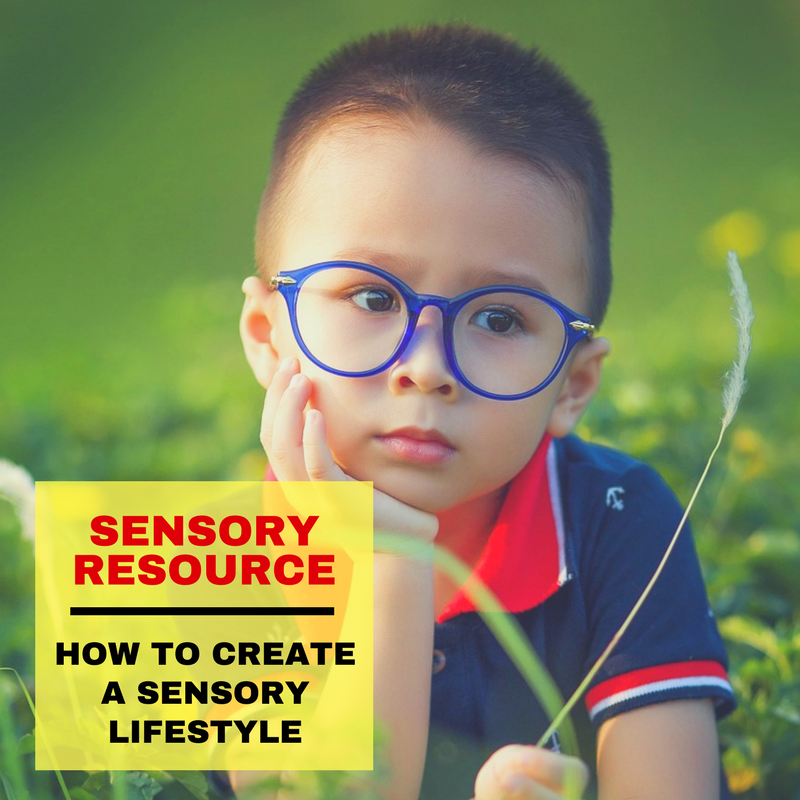
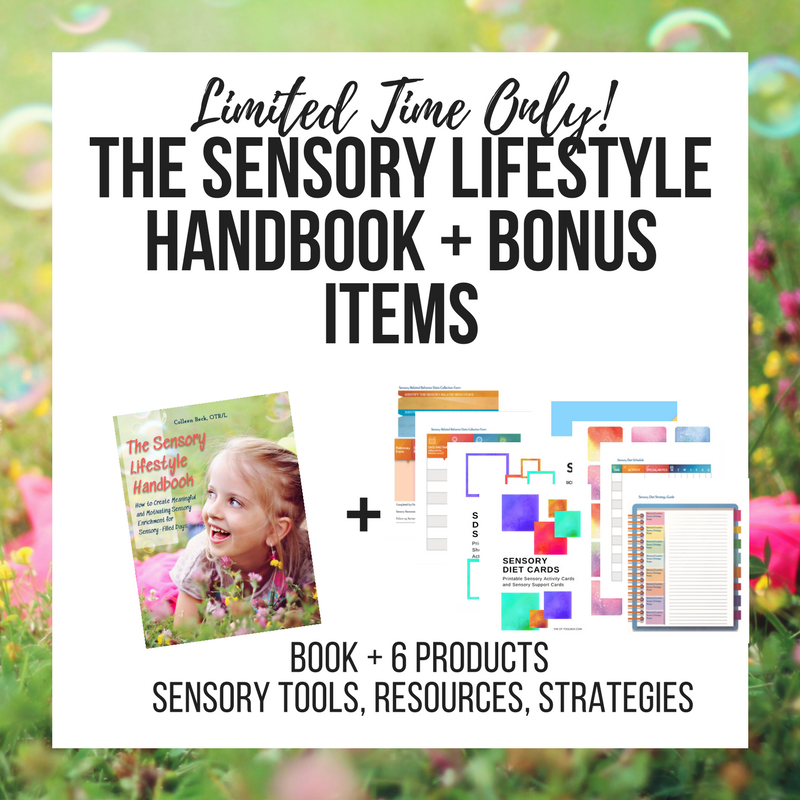
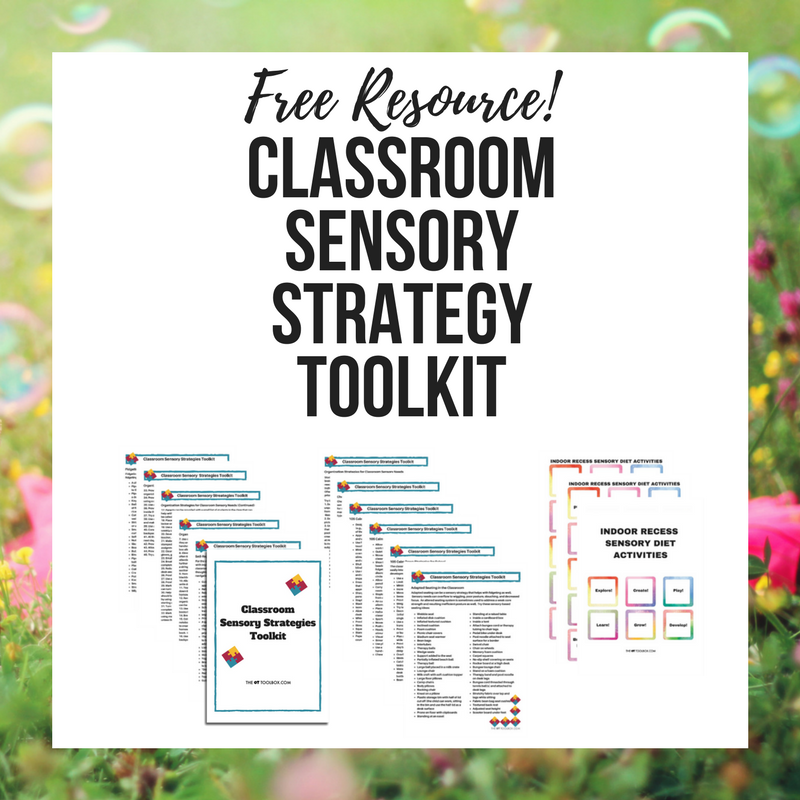
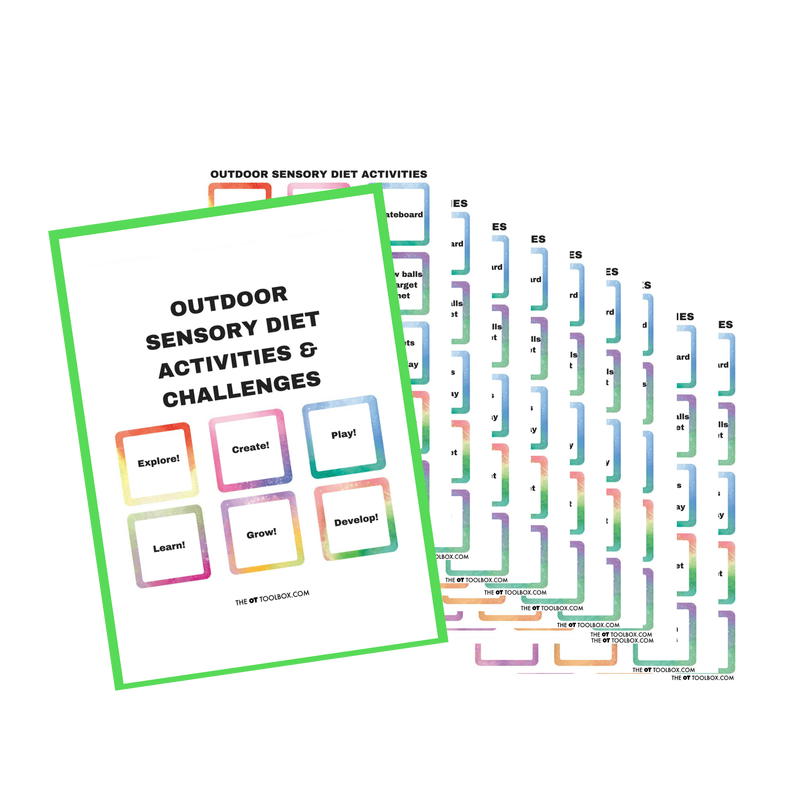
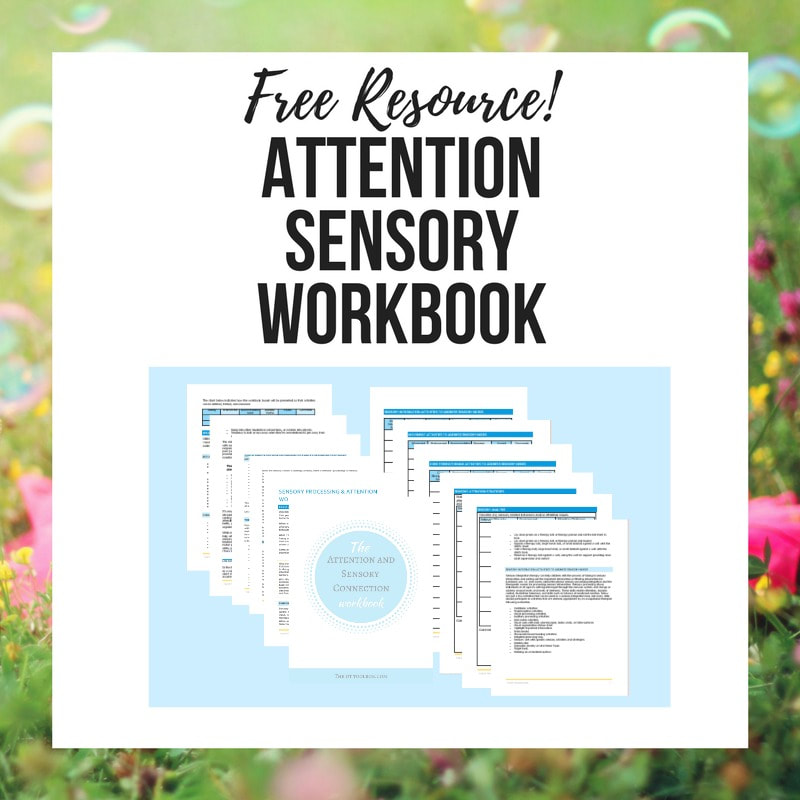

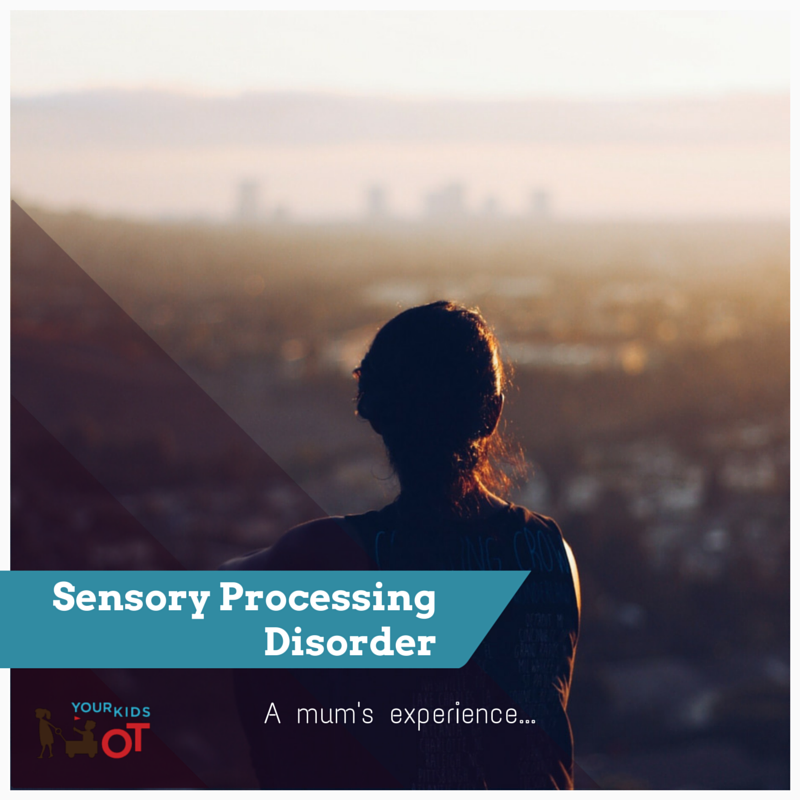
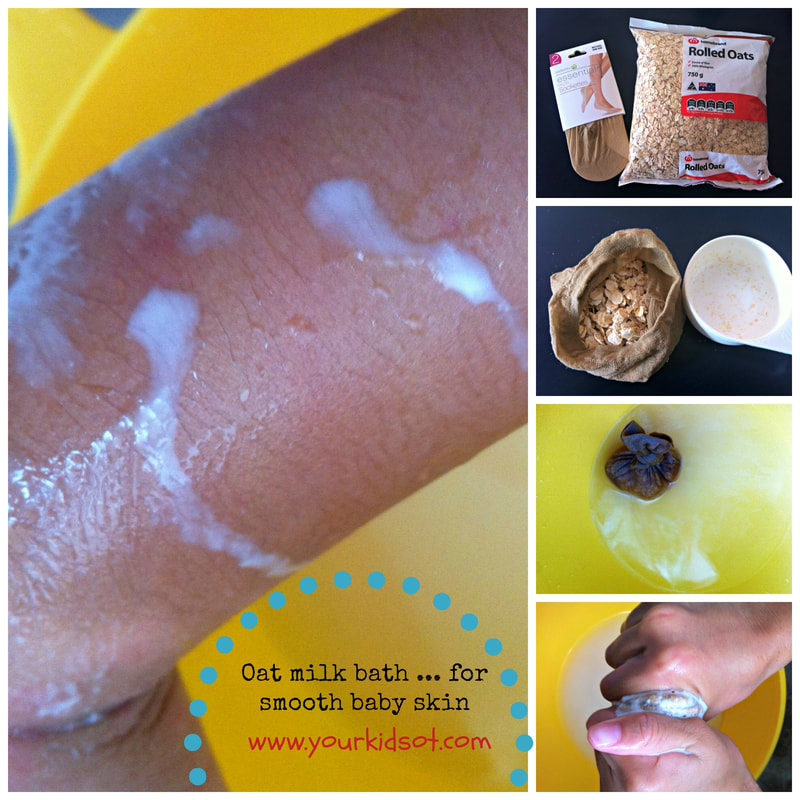


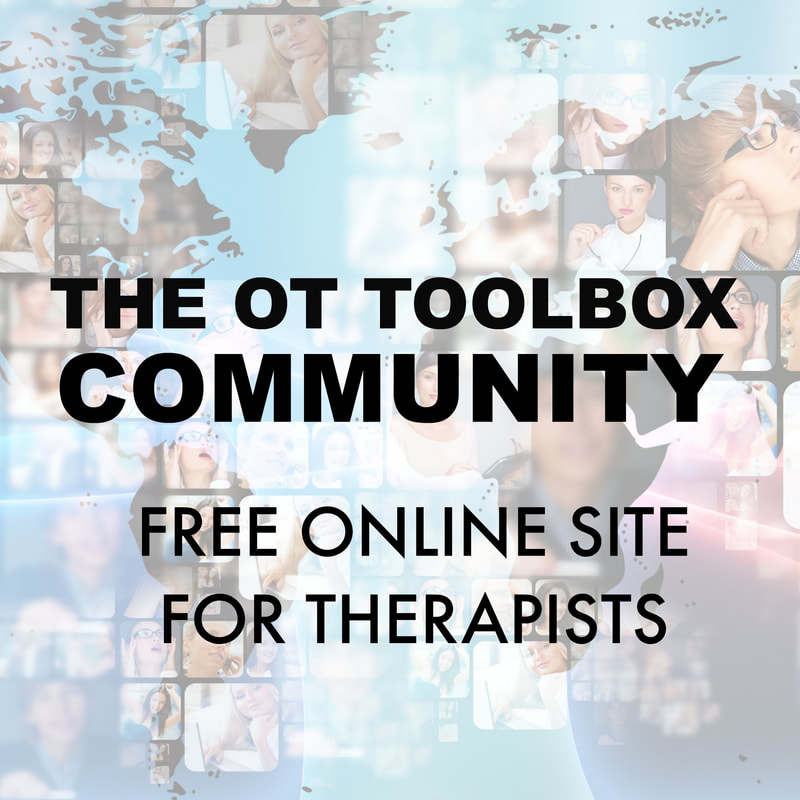
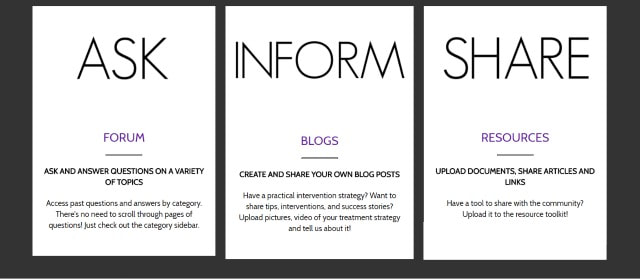


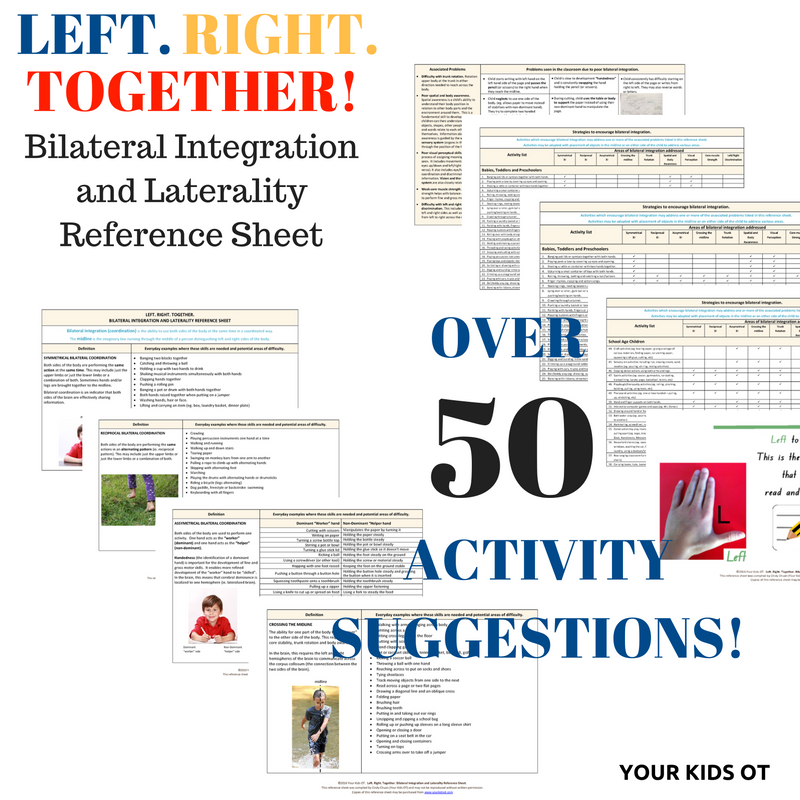
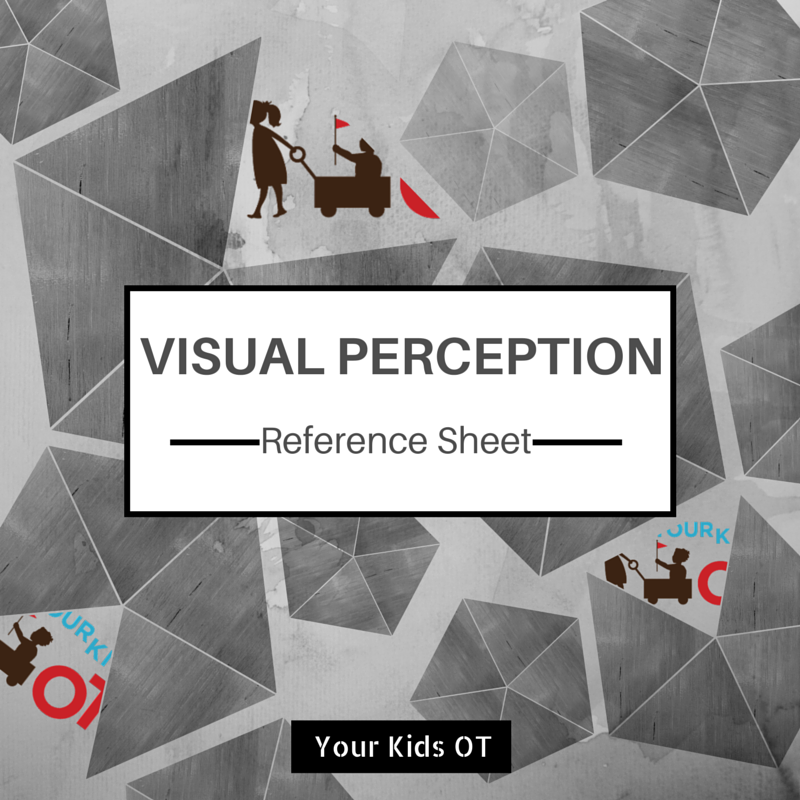
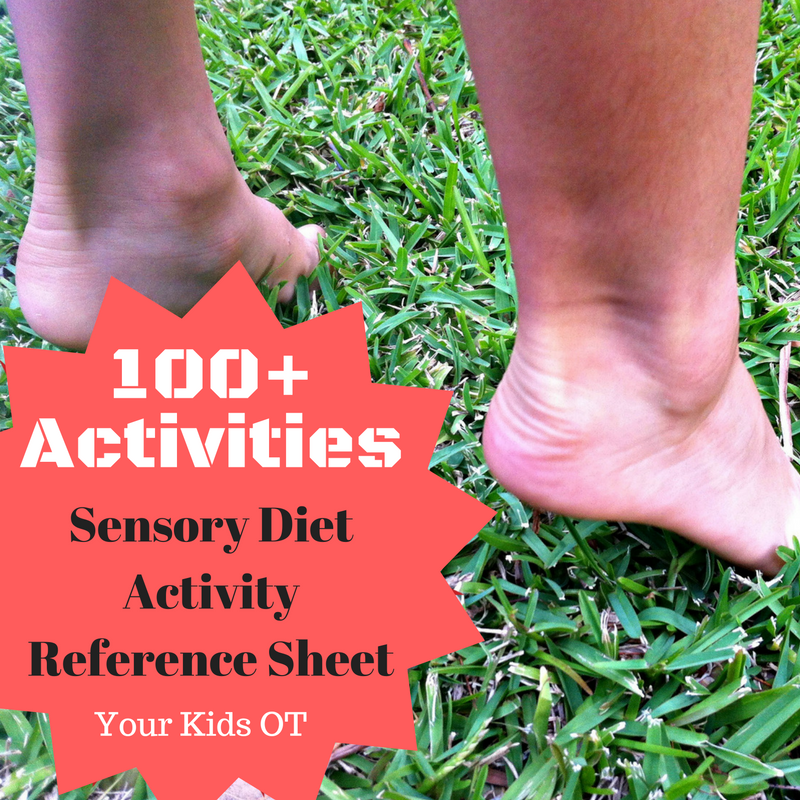
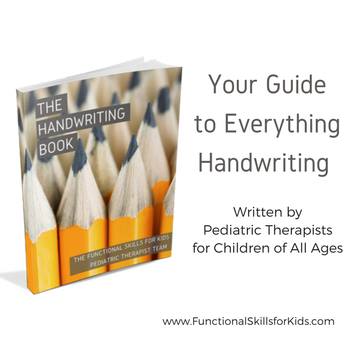
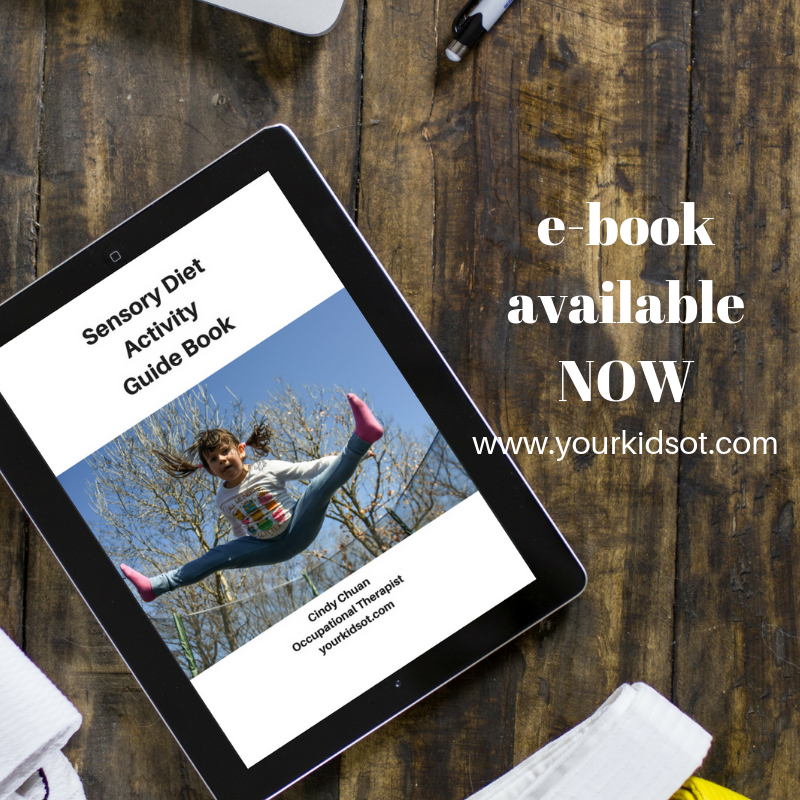
 RSS Feed
RSS Feed
